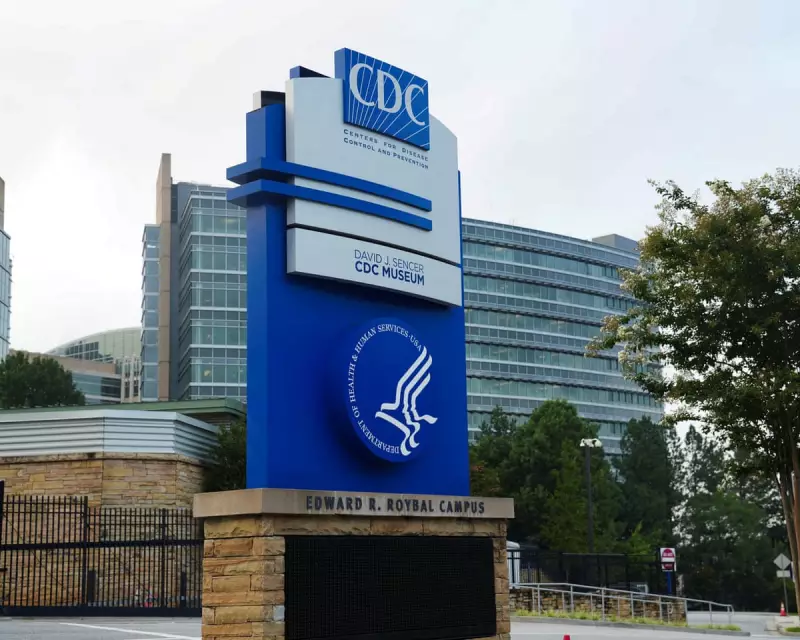
In a significant development for American public health leadership, Susan Monarez, a senior official at the Centers for Disease Control and Prevention (CDC), has abruptly resigned from her position. The departure sends shockwaves through Washington and the medical community, occurring amid reported disagreements with the Trump administration's approach to health policy.
Monarez, who served as deputy director for the CDC's Office of Public Health Preparedness and Response, was considered a key figure in the nation's pandemic response infrastructure. Her exit comes at a critical juncture for the agency, which faces ongoing challenges in managing public health threats.
Political Pressure and Policy Divisions
Sources close to the matter suggest Monarez's resignation follows mounting frustrations with political interference in scientific decision-making. The Trump administration has repeatedly faced accusations of prioritising political messaging over evidence-based health guidance, particularly regarding coronavirus management and vaccination strategies.
While the official resignation letter cited personal reasons, insiders indicate the move reflects broader tensions between career health officials and political appointees. This pattern of friction has become increasingly common within federal health agencies during the current administration.
Impact on Public Health Infrastructure
Monarez's departure represents another blow to the CDC's institutional knowledge and expertise. Her role involved coordinating national response efforts to health emergencies, making her exit particularly significant for future preparedness planning.
Public health experts have expressed concern that the loss of experienced officials like Monarez could weaken America's ability to respond effectively to health crises. The resignation follows a pattern of high-profile exits from federal health agencies since the beginning of the coronavirus pandemic.
Broader Implications for Health Governance
This development raises serious questions about the relationship between scientific institutions and political leadership. The consistent pattern of resignations suggests systemic issues within the administration's approach to public health management.
Observers note that the diminishing influence of career officials in favour of political appointees may have long-term consequences for America's public health infrastructure and emergency response capabilities.





